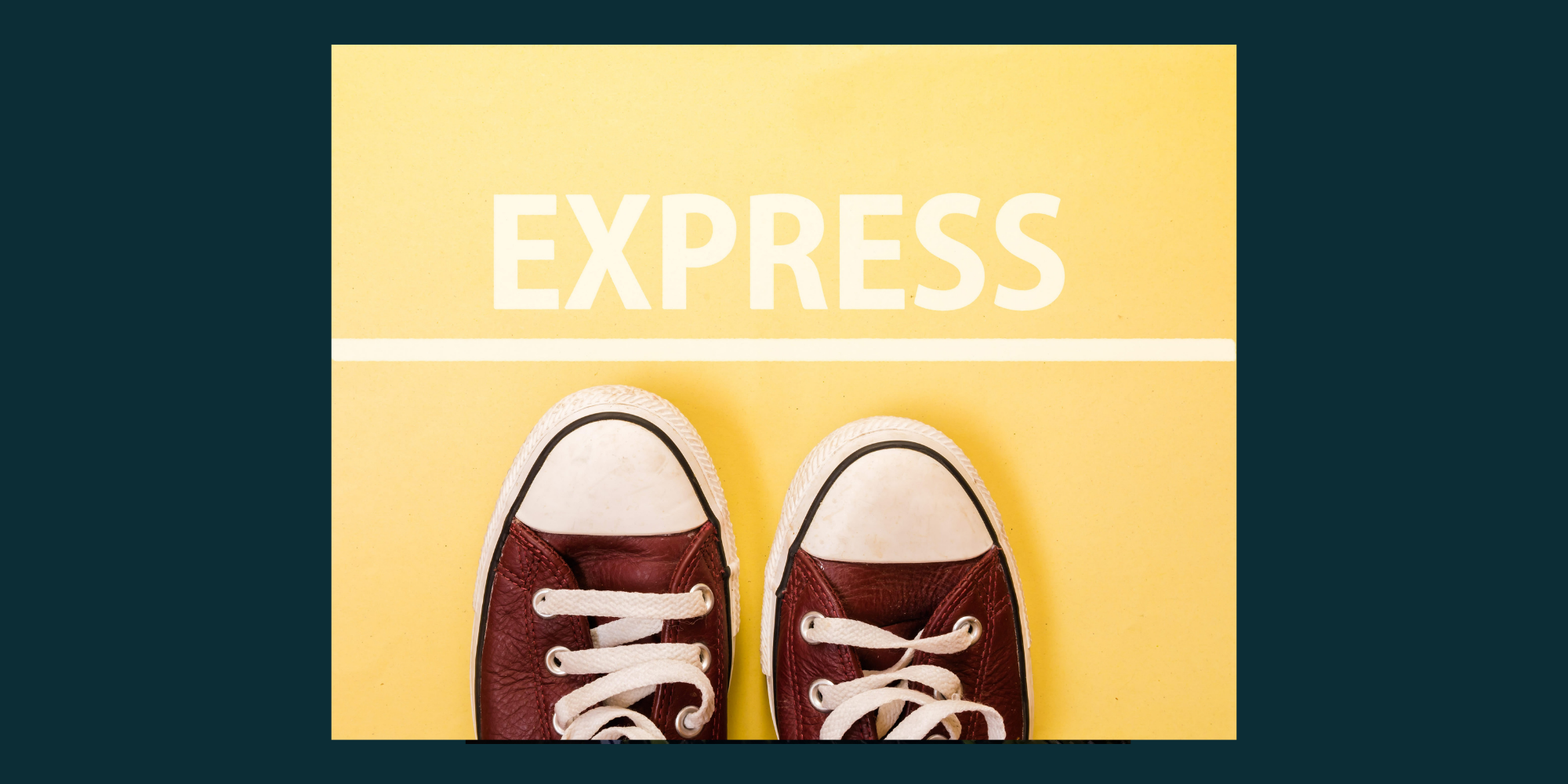
Vulnerable Expression
Famous researcher and author Dr. Brene Brown defines vulnerability as emotional exposure, risk and uncertainty (Brown, 2015). She also claims that vulnerability is vital in our ability to connect with others.
“Vulnerability is not weakness, and the uncertainty, risk, and emotional exposure we face every day are not optional. Our only choice is a question of engagement. Our willingness to own and engage with our vulnerability determines the depth of our courage and the clarity of our purpose; the level to which we protect ourselves from being vulnerable is a measure of our fear and disconnection (Brown, 2015)”.
Brene Brown has studied creativity as it pertains to wholeheartedness and shame resiliency – and she mentions the importance of creativity in her book Rising Strong, she states what creativity and more importantly the act of creating means to her; “Creating is the act of paying attention to our experiences and connecting the dots so we can learn more about ourselves and the world around us (Brown, 2017)”.
As this study is specifically intended to engage with everyone and most importantly with those that have felt that creativity maybe wasn’t for them. This study then requires a great deal of vulnerable expression to get to the heart of those that may be skeptical. A method to show the importance of creativity and to offer the results of these daily everyday creative practices, the author will publicly post and share daily video logs and idea generation lists.
Research in creative expression has shown a direct link between healing and self-expression (Eysenck, 1988; Runco, 2014). Dr. Mark Runco, eminent creative researcher and author states the following:
“There seems to be a consensus about the value of self-expression. Recall here the ideas of Eysenck, Pennebraker, and Maslow; each felt that self-expression would lead to sound health. Self-expression is, for example, a large part of self-actualization, and Pennebaker et al, (1997) found that disclosure actually improved the efficiency of the immune system. Surely these reports indicate that self-expression should be encouraged, and many forms of self-expression are quite creative (Runco, 2014).”
The humanists Dr. Carl Rogers and Abraham Maslow both state how critical creative expression is to self-actualizing: “…the concept of creativeness and the concept of the healthy, self-actualizing, fully human person seems to be coming closer and closer together, and may perhaps turn out to be the same thing (Rogers, 1995).”
The author of this study is intentional with the research that to make an impact and to evangelize the results of this study to as many people as possible requires a notion of vulnerable outlet of expression. This study is about everyday creativity for everyone and accessible to everyone, not just those who can afford $80 textbooks or college educations. If this literature review denotes anything it is the comprehensive need for everyone to embody creativity for themselves and practice it daily – if not for fun and to make life more interesting, than for health and wellness. This study is not intended to hide within the confines of an expensive journal or a textbook for students of creativity and innovation. To this end, it is important to create an avenue of expression that is also available to everyone.

